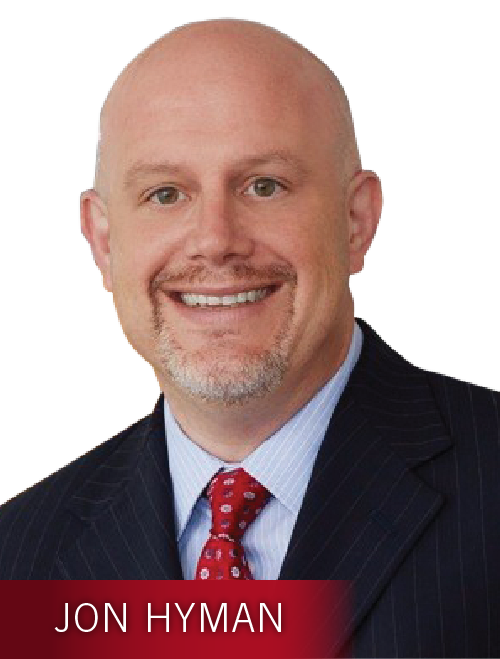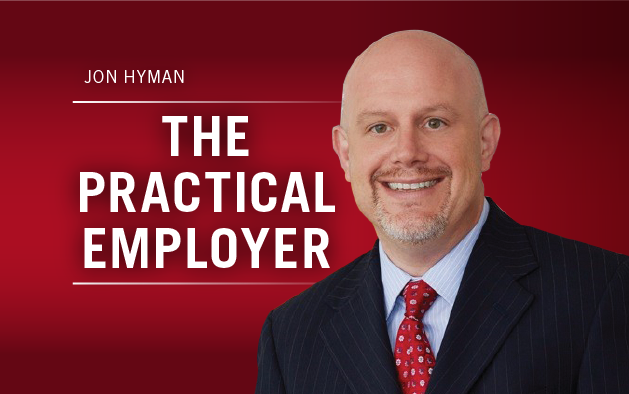Recruitment
Sexual Harassment is the Hiring Scarlet Letter
By Jon Hyman
Feb. 8, 2018
Dear Jon,
I resigned from my last job amid allegations of sexually inappropriate misconduct. The allegations became public. Even though the women are all liars, no one will hire me. What can I do?
Sincerely,
Steve W.
This example has played out (sort of) at my alma mater, Case Western Reserve School of Law.
In 2014 its dean, Lawrence Mitchell, resigned during a lawsuit in which a professor alleged Mitchell fired him after he had tried to blow the whistle on Mitchell’s alleged sexual impropriety at work. The story made headlines both in Cleveland and nationally. Mitchell has since resurfaced in China, as a professor of law at the Shanghai University of Finance and Economics.
It appears that his students have discovered his past (alleged) indiscretions.
Schedule, engage, and pay your staff in one system with Workforce.com.
Recommended
Compliance
Minimum Wage by State (2024)federal law, minimum wage, pay rates, state law, wage law compliance
Staffing Management
4 proven steps for tackling employee absenteeismabsence management, Employee scheduling software, predictive scheduling, shift bid, shift swapping
Time and Attendance
8 proven ways to reduce overtime & labor costs (2023)labor costs, overtime, scheduling, time tracking, work hours
